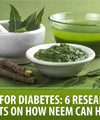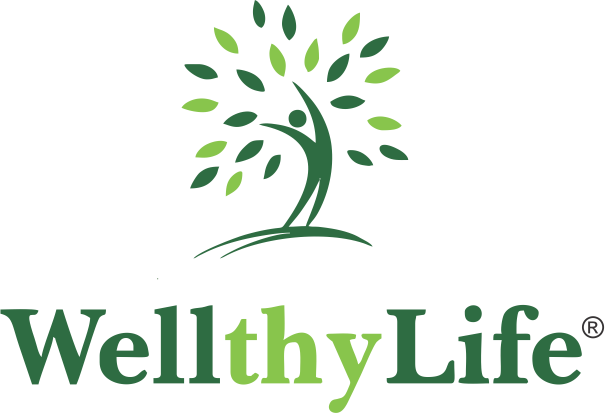Food Questions in Piles
Recent Post
Weight gain without overeating: is
Feb 15, 2023
Neem For Diabetes: 6 Researched
Nov 03, 2022
Do you know the most
Nov 02, 2022
Start Eating These 7 Fruits
Oct 28, 2022

Bratati Sen
Happiness Strategist
Feb 15, 2022
Piles or haemorrhoids are inflamed and enlarged blood vessels around the anus or near the lower rectal region. Though not a life-threatening disease, piles certainly throw serious challenges.
Due to many reasons piles get developed, but the leading cause of piles is applying pressure on the veins located around the anus or lower rectum.
A few symptoms of piles are a painful lump around the anus, painful bowel movement, painless bleeding during a bowel movement, and itching or irritation around the anal region.
Nutrition And food guidelines for Piles
The main goal of the Indian diet sources for piles is to reduce straining during bowel movement and prevent further complications associated with piles. People who suffer from piles should choose fibre-rich foods like radish, jimikand, triphala etc as these tend to increase the bulk of the stool, promote proper bowel movements, and help prevent and treat piles internally. Following are good food sources for piles in our Indian diet:
As we know we can add few foods that are best food for piles but sometimes we get confused. Few common mistakes are treating Egg as anti constipation food and totally avoiding egg. Sprouts are considered as good fibres still few people with high acidity might avoid.
Foods to Include to avoid piles
Leafy vegetables:
Leafy vegetables has lot of fibres that works great for nutrition as well as creating bulk in stool. Leafy vegetables are rich in antioxidants are also good for stomach health and pH maintenance. Few good leaft vegetables one must include in diet are -
- Spinach / Palak
- Fenugreek / Methi
- Celery
- Radish / Mooli
- Mustard / Sarso greens
Whole grains:
Whole grains such as -
- brown rice
- oatmeal
- bran cereals
- whole-grain flour
- multi-grain

These foods have high fibre content that forms stool bulk and promotes bowel movements.
Fruits for piles :
Fresh fruits, especially with their skin, are a rich source of fibres, vitamins and minerals. Eating fresh fruits improve digestive health and promote smooth bowel movement. Fruits such as
- apples
- grapes
- banana
- oranges
Sprouts:
Sprouts are rich in fibres, vitamin C, proteins, and calcium. The presence of these nutrients makes sprouts adequate food to treat piles. Eating one cup of steamed or boiled sprouts daily helps manage irritation of the bowel. A piles patient should not eat raw sprouts daily as it can worsen the symptoms of piles. Every type of Sprouts, in general, are suitable for piles.
Curd or Buttermilk:

Is Curd good for piles is a common question. Curd or buttermilk are rich in probiotics that enrich gut microbes and promotes digestive health. Including Curd or buttermilk in your daily diet may improve your immunity and gut health by relieving the symptoms of piles.
Water:
The above-mentioned dietary changes may not work unless you consume sufficient water. Water is an important source to break down food in its simplest form, absorb nutrients, soften the bowel, and prevent constipation and piles. So, consuming at least three to four litres of water daily will maximum cure the root cause of banks.
Foods to Exclude in Piles
Is egg good for piles ? Certainly egg is full of protein, vitamins and minerals but not so good for piles. Eggs are extremely high on protein and low in fibre. So definitely it is not a god food for piles. But you should not avoid egg and hamper your balanced diet. Having egg in moderation will be a sure shot instead.

Try avoiding the following foods as they increase the risk of piles or may worsen the symptoms of existing piles.
Foods rich in carbohydrates or fats such as
Red Meat
- Chicken
- fish
- eggs
- Caffeine rich foods such as coffee, tea
- Alcohol
- Spicy foods
- Fried foods
- Packaged foods
- Preserved foods
- Bakery food
Is chapatti good for piles ?

What are best food for piles ? one of the common question. So what about chapatti/roti. Chapatti is made of wheat. Wheat is suitable for piles, and it is advisable to opt non packaged wheat flours and grind from wheat and keep coarse powder. Wheat bran flour is also a good source of fibre during piles.
Only gluten intolerant/ sensitive people should avoid wheat in any form if suffering from piles.
In conclusion, an improvised lifestyle and dietary pattern help in piles to the maximum ability. Avoid making a drastic change in your lifestyle post-recovery as maintaining a well-balanced food pattern does keep you from suffering from piles.
← Older Post Newer Post →
© 2022, WellthyLife. All Rights Reserved.








